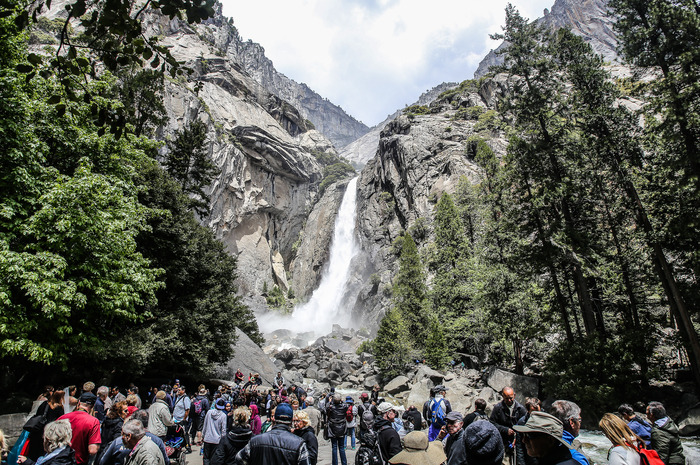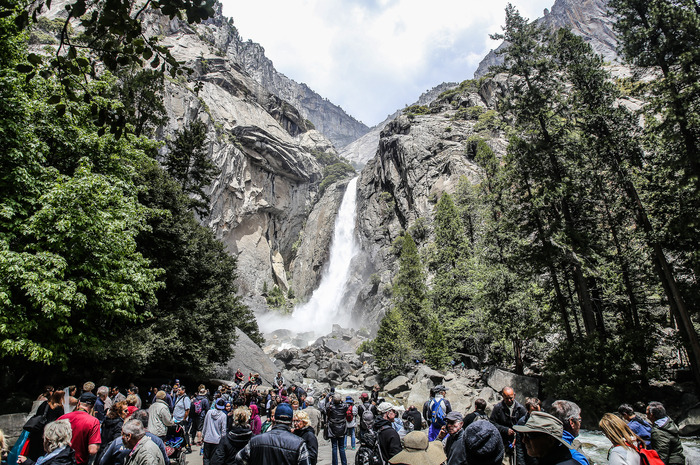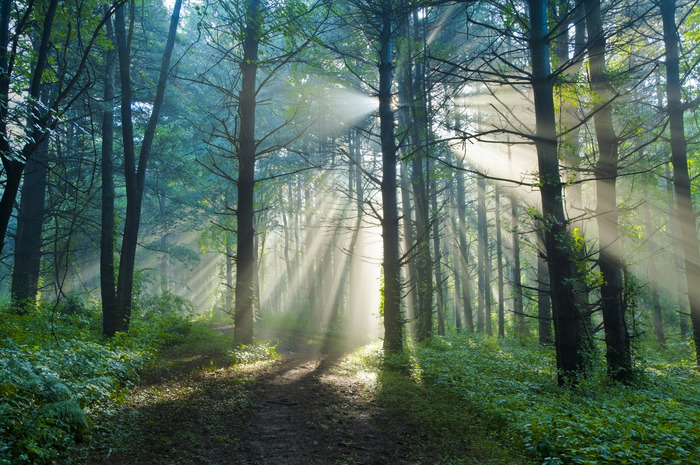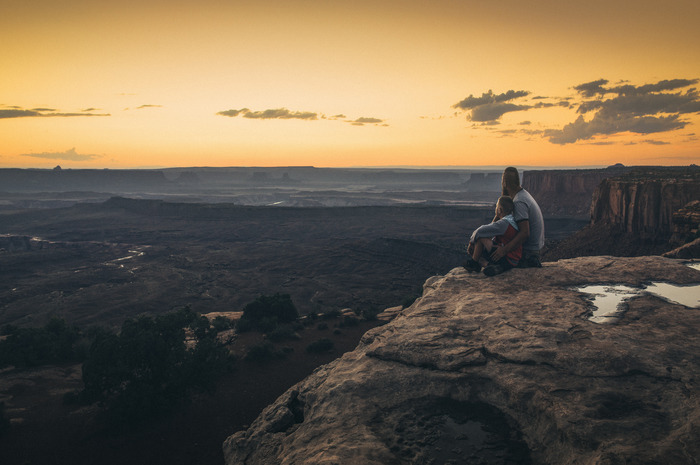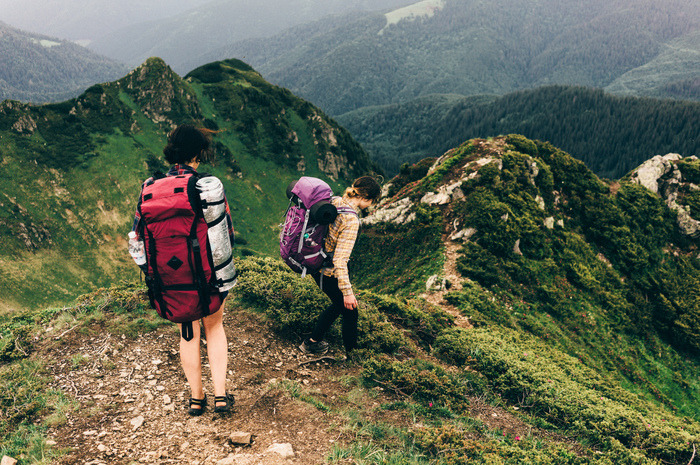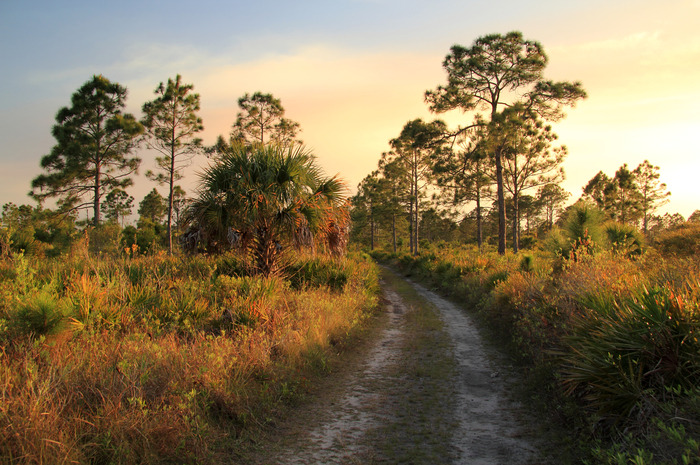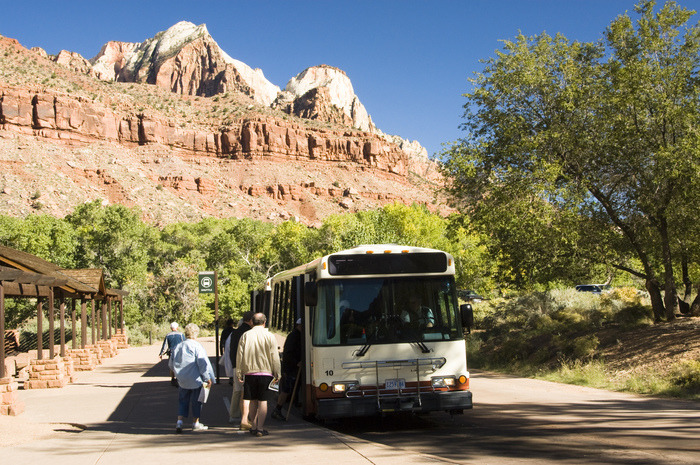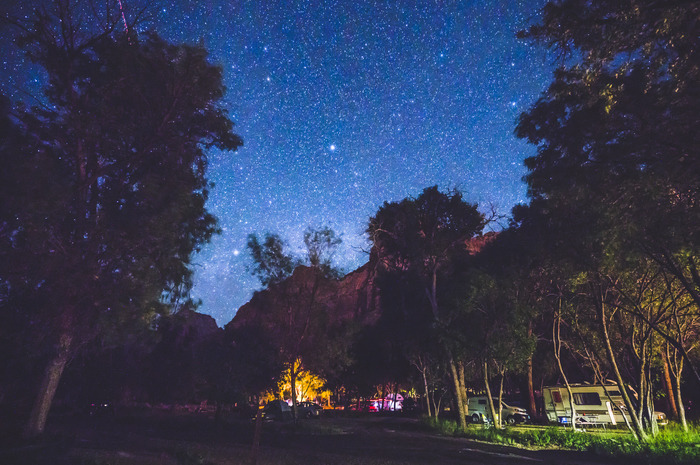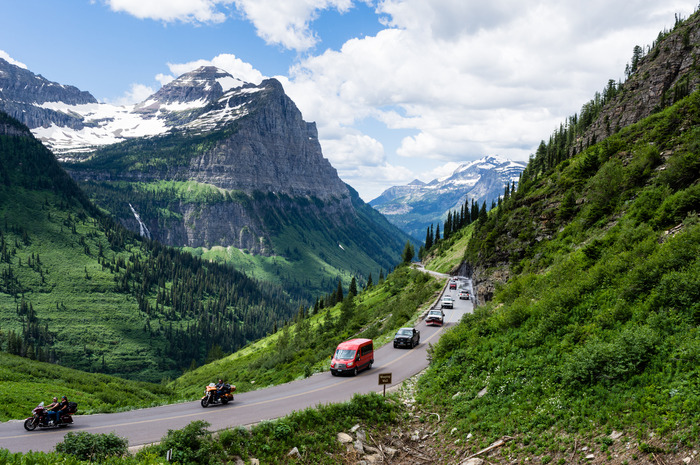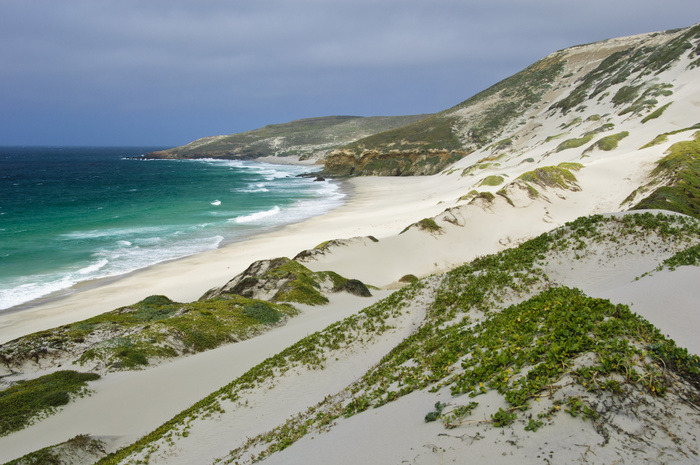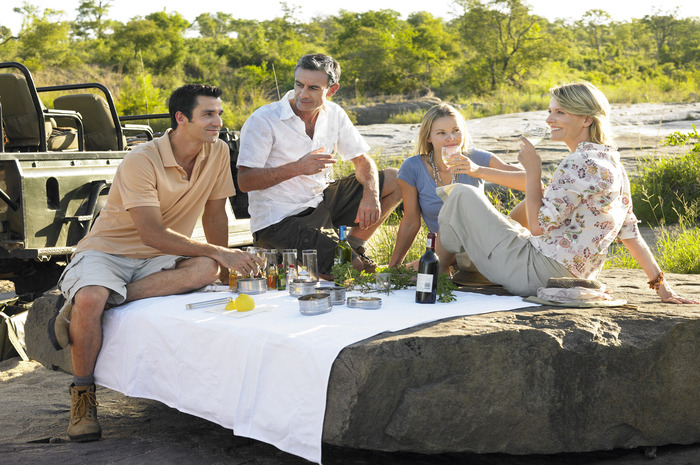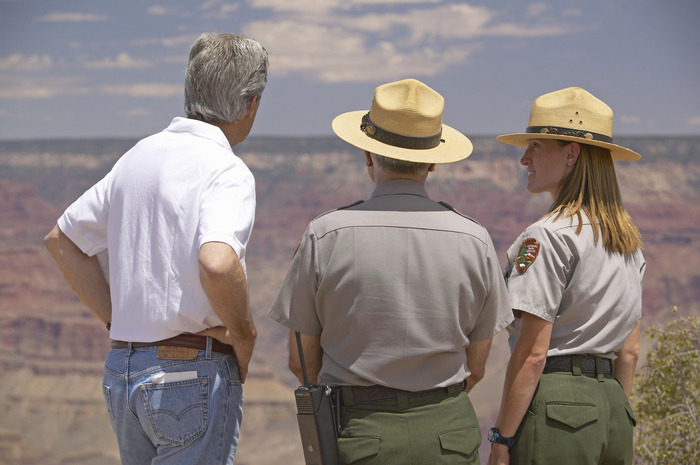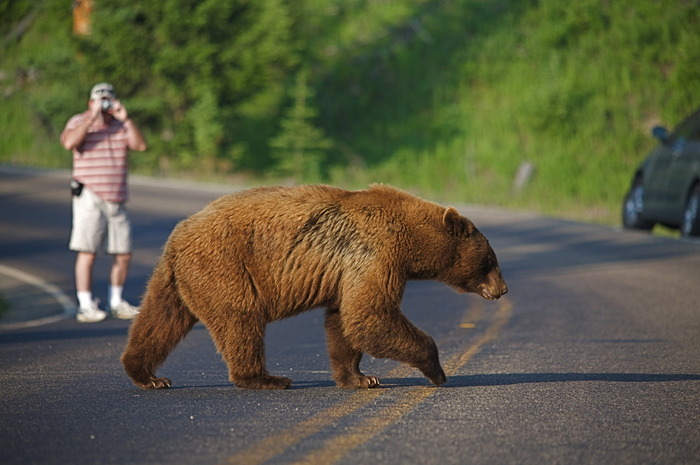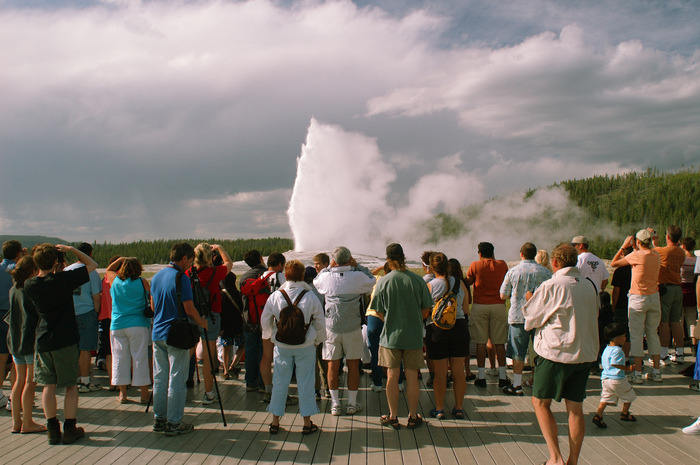How To Avoid Big Summer Crowds In National Parks
How to Avoid Big Summer Crowds in National Parks
Entrance fees may be rising but the $5 increase is not going to keep people away. National parks are seeing record numbers in terms of visits. There were 331 million recreation stays in 2016—a third consecutive all-time attendance record for America's "best idea."
This summer more people are expected to go and explore. To make it easy for people to sightsee paths beyond popular parks and trails, TomTom and the National Park Foundation have curated maps to go "Off the Beaten Path."
Don't be discouraged by the numbers. Go ahead and plan an adventurous trip in the wilderness. You can make the most of your visit by avoiding the crowds during the peak summer months. Enjoying solitude and getting in touch with nature, as opposed to annoying tourists, during your vacation is possible.
Become a morning person
Go early in the morning and you won't regret it. Be at the park as the sun rises. You'll get to see stunning views with no annoying buzz around. Also, being there this early, certainly before 8:30 a.m., almost guarantees you that you'll have the park to yourself for a few hours. The parking lots of more popular park full up even earlier than that.
Or a night owl
Arrive just in time to see the sunset. It always makes a photo look absolutely magical. This is also the time when most people are leaving or going back to their camps. Crowds thin out. This is also the time to see wildlife. Many animals become more active at night. This is also when Mother Nature puts on one of her best displays; just look up at the stars.
Discover the art of hiking
Most people will stay in their cars and drive from one attraction to another. Be a cooler adventurer and walk. Experience off the beaten path and soak in the unique views you'll see along the way. Hug the trees, touch centuries-old rocks, and even swim in lakes. Even a short hike will most likely be the highlight of your day.
Marvel at untrammeled landscapes
Backcountry trails are a great alternative. They offer the same scenery in terms of jaw-dropping panoramas. In many parks, even the most visited ones such as Yellowstone, you'll find hundreds of backcountry trails and campsites, including some along beaches. See what the wilderness is really about. Some lesser-known hikes are even accessible from the main entrance of the parks.
Climb aboard
Some national parks, such as the Grand Canyon, Glacier and Bryce Canyon, have shuttles. Use them. They are free. Bonus: You are saving what park rangers and management are trying to preserve. Mass transit system helps minimize vehicle congestion, keeping the air and the surroundings clean.
Sleep under the stars
Spending the night in national parks is popular at designated and more modern campsites. Reservation is often required. But you can make a campsite almost anywhere in the park. Set up a tent by breathtaking waterfalls, majestic lakes and rivers, red rocks, tall rocky spires and cliffs, and sleep under the stars.
Go Mondays and Tuesdays
Avoiding the weekend is a no brainer. But try not to go on Thursday and Friday. People would usually take these days off work if they want more than just two days to visit a park, resulting in crowds that can be just as big as on Saturday and Sunday.
There are more than a just few parks
No doubt you've heard of the Great Smoky Mountains, the Grand Canyon and Yosemite. They are among the most visited national parks every year. For every park where masses of tourists frustrate you and prevent you from reconnecting with nature, there's a magnificent piece of land someplace else that's wonderfully wild and uninhabited. Some of the least visited parks include Gates of the Arctic in Alaska, Isle Royale in Michigan, North Cascades in Washington, and Dry Tortugas in Florida.
Dine alfresco
You can set up almost anywhere, even at areas that are not specifically designated for a picnic. Just avoid the restaurants as they often get very crowded, especially around the usual meal times like lunch. Skip the lines and the food of questionable quality; save your time, money and sanity.
Don’t be strangers with the rangers
Go on ranger-led nature walks or just ask them for advice. They are by far the best, and most reliable, source of information. Who else is going to tell you where to find less-traversed trails, which attractions are not as well-known, and when is the best time to see the ones that are.
Go with a small group to avoid a big crowd
Consider a tour company. The guides usually know their stuff and they can take you to see some amazing hidden gems in the park where crowds are non-existent. Also, tour groups have limited spots available. Just make sure you book one in advance because they fill up quickly in the summer.
Don’t go where everybody else goes
Avoid the hotspots. For example, steer clear of Old Faithful in Yellowstone, Tunnel View in Yosemite, and Mather Point in Grand Canyon. You can see these popular attractions year-round, so go in the winter – they will look even more beautiful then anyway. Or go to these popular spots but see the less popular sides of them. For example, the North Rim in the Grand Canyon only gets a fratcion of the traffic of South Rim.
